Digital Media Literacy -
Why We Can't Stop Scrolling

Digital Media Literacy
Why We Can't Stop Scrolling


/en/digital-media-literacy/always-on-in-a-digital-world/content/
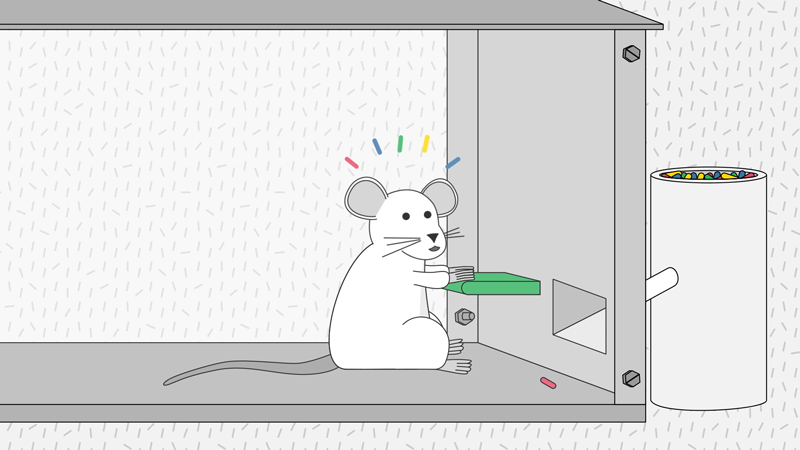
When studying behavior, psychologists may use a device called a Skinner box. Essentially, a Skinner box is a cage containing a mouse, a lever, and a delivery chute. Sometimes when the mouse presses the lever, it's rewarded with food. But other times, nothing happens. The mouse learns that if it keeps on pushing the lever, it might get something tasty. So it pushes, and pushes, and pushes, until it gets more food.
Whenever we scroll endlessly through social media posts, looking for something exciting, we're effectively doing the same thing.
Watch the video below to learn how social media apps grab our attention and keep us hooked.
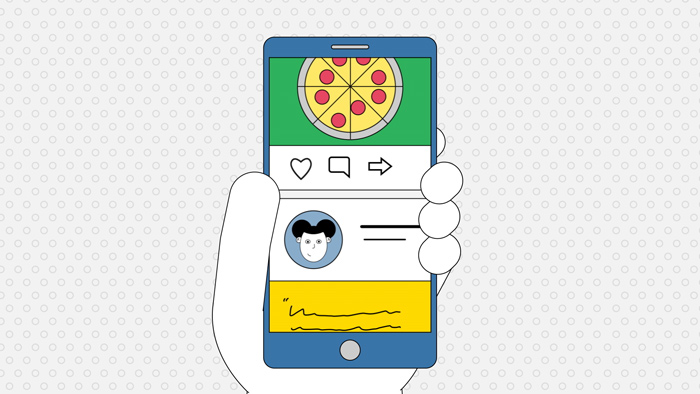
We’re obviously a lot different from mice, but the principle behind both the lever-pushing and the scrolling is the same: The behavior is repeated until some kind of reward is delivered.
In the case of our social media scrolling, the reward is a post that we find to be funny, entertaining, or something we just plain like. If we find something worthwhile, we stop scrolling long enough to take it in, and then it’s right back to scrolling, in search of the next post that scratches our itch.
Sound familiar?
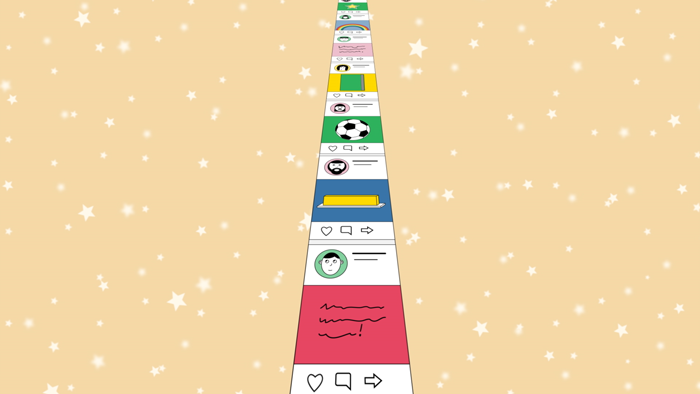
Social media feeds are infinite by design; you could scroll forever and never run out of posts.
This scrolling can sometimes feel automatic or mindless, more a result of conditioning than a constant choice. This leads us to spend more time on social media than we intend to, sometimes more than we want to. And that can cause some issues.
Let’s say you wake up, get on your phone and start scrolling. Scroll too long and you might be late for work. In more extreme cases, it could cause you to neglect other aspects of your life or experience anxiety when you’re away from your phone.
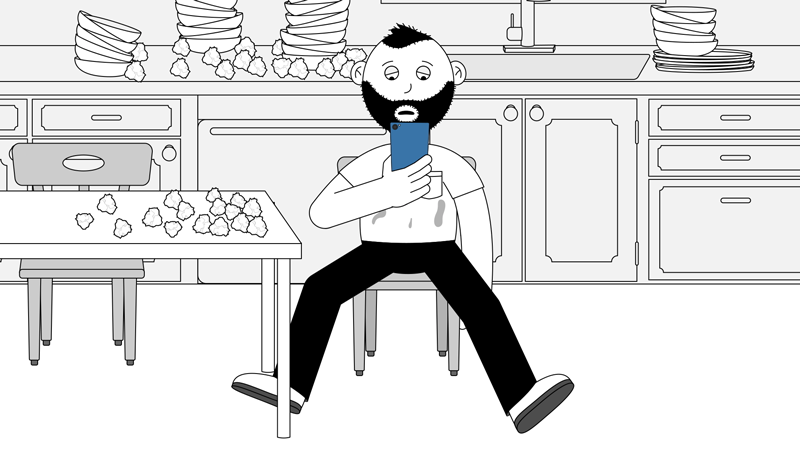
When you interact with posts on social media, you’re providing data to these sites. They then take this data and use it to further personalize your feed, showing content and ads similar to what you’ve engaged with previously. This isn’t necessarily a bad thing. A more personalized feed can introduce you to content you may not have seen otherwise.
However, this design also reinforces our scrolling behavior and greatly increases the amount of time we spend using social media. After all, this is more or less their goal. They’re simply businesses who want their users to spend more time using their app or website.
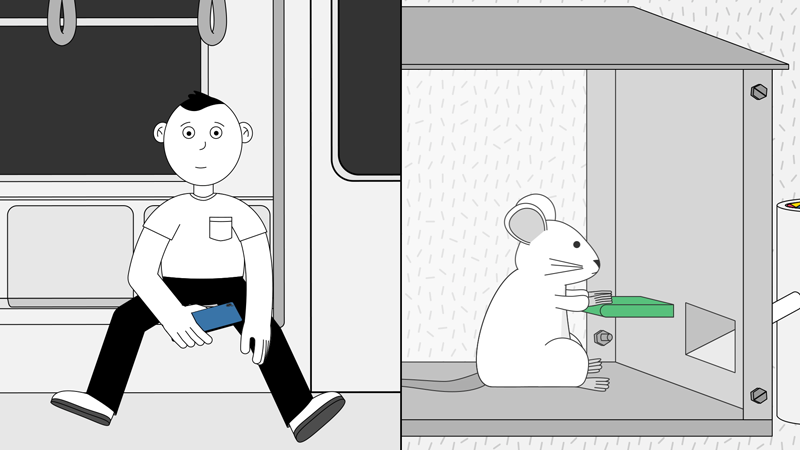
The good news is that we aren’t mice. We may push on that theoretical bar much like they do, but we possess the intelligence they lack. It’s perfectly okay to use social media, but it’s also important to be aware of when we’re overdoing it. It may not always be easy to break free from the grasp of the infinite scroll, but it starts with awareness.
/en/digital-media-literacy/why-we-cant-just-pick-a-movie/content/